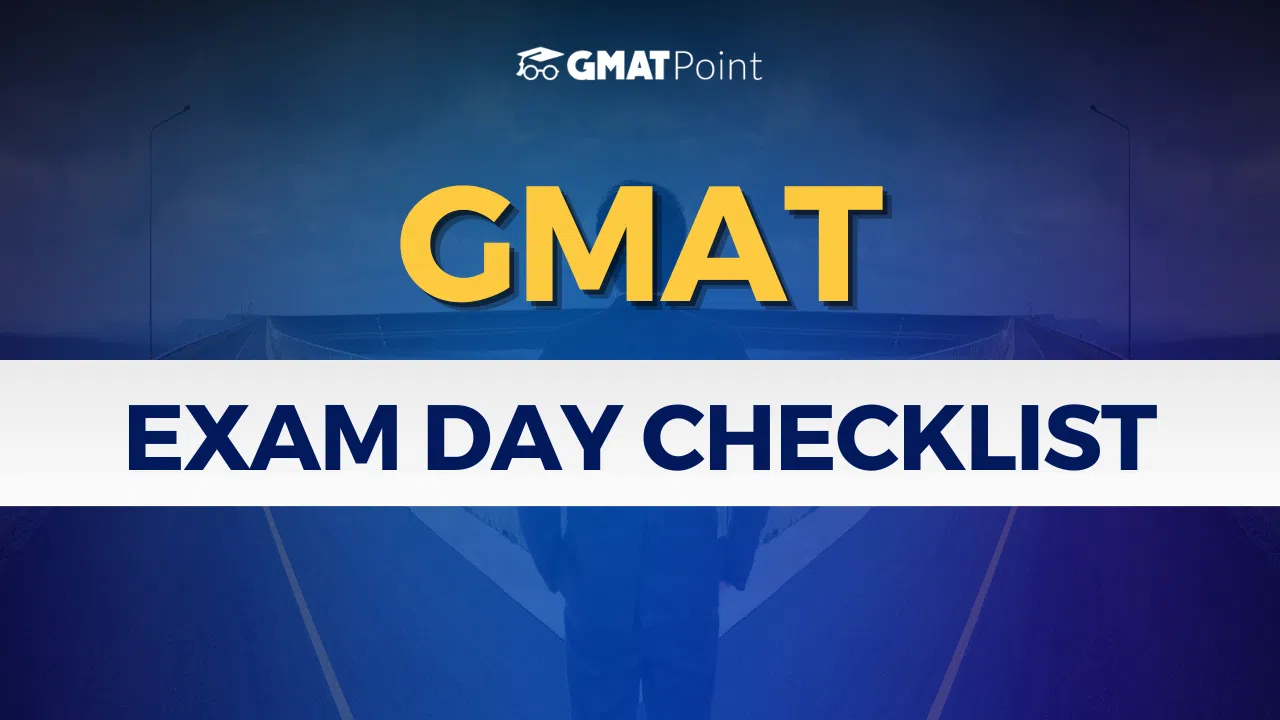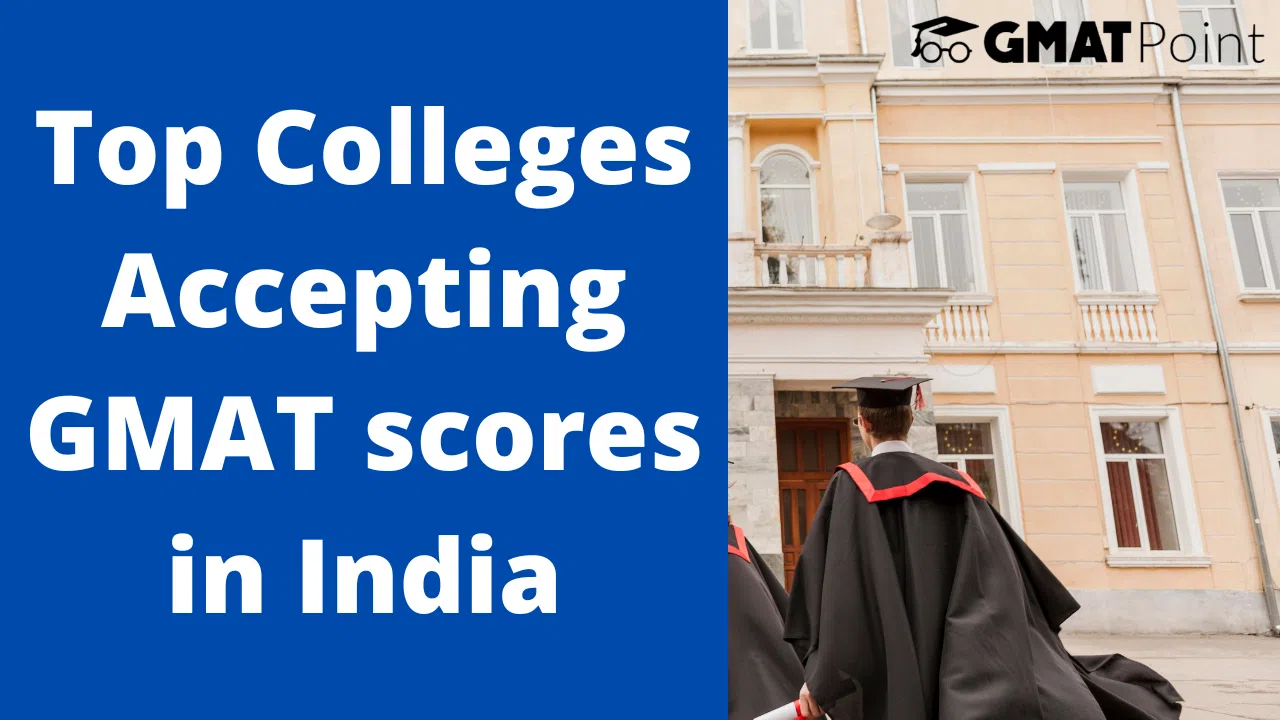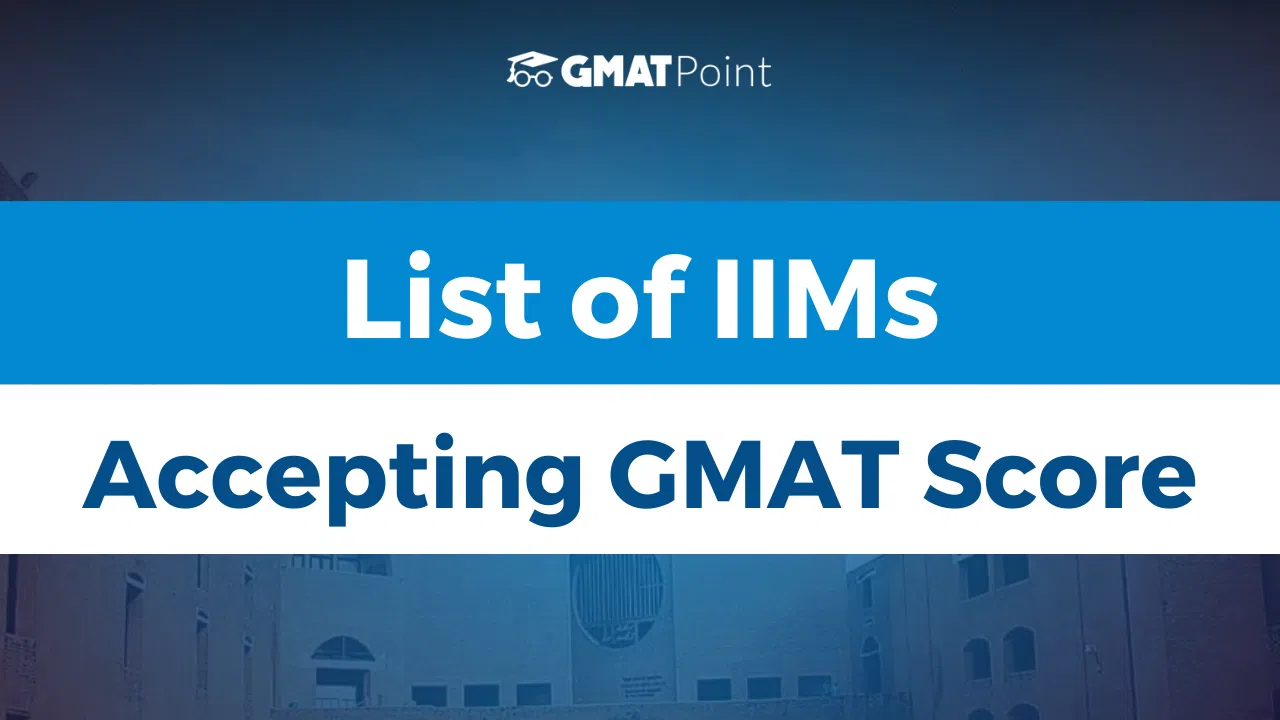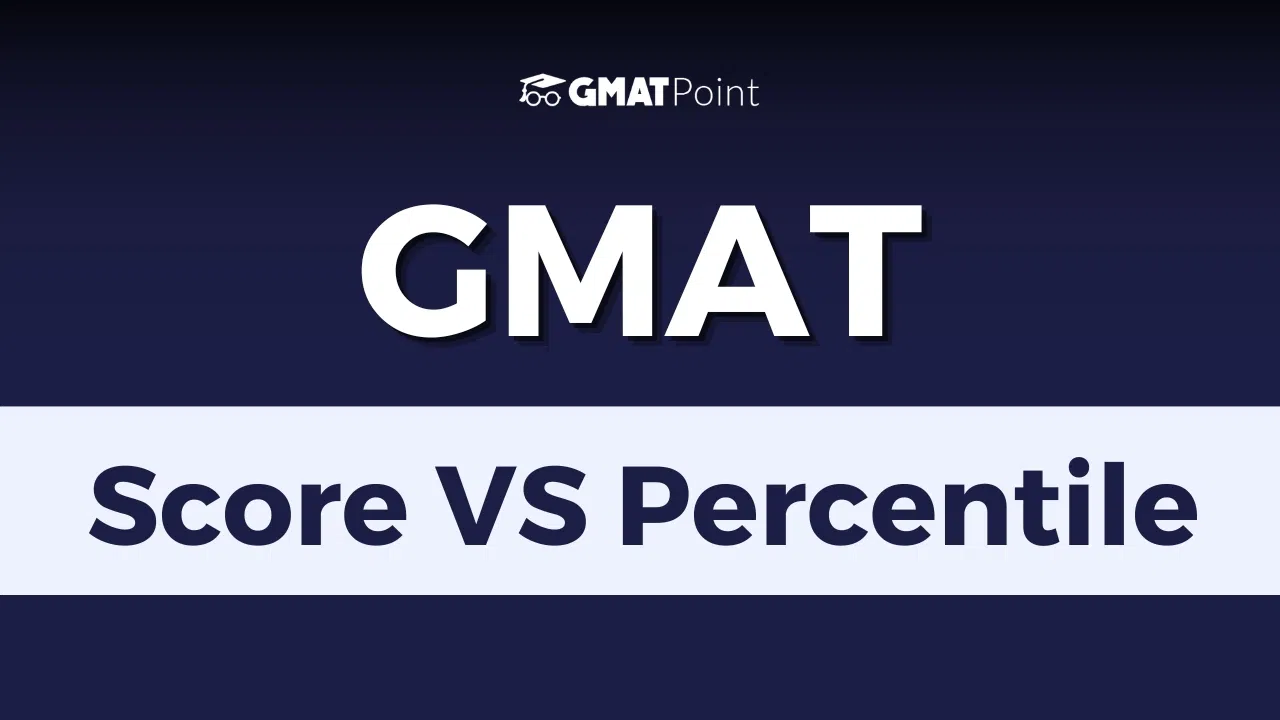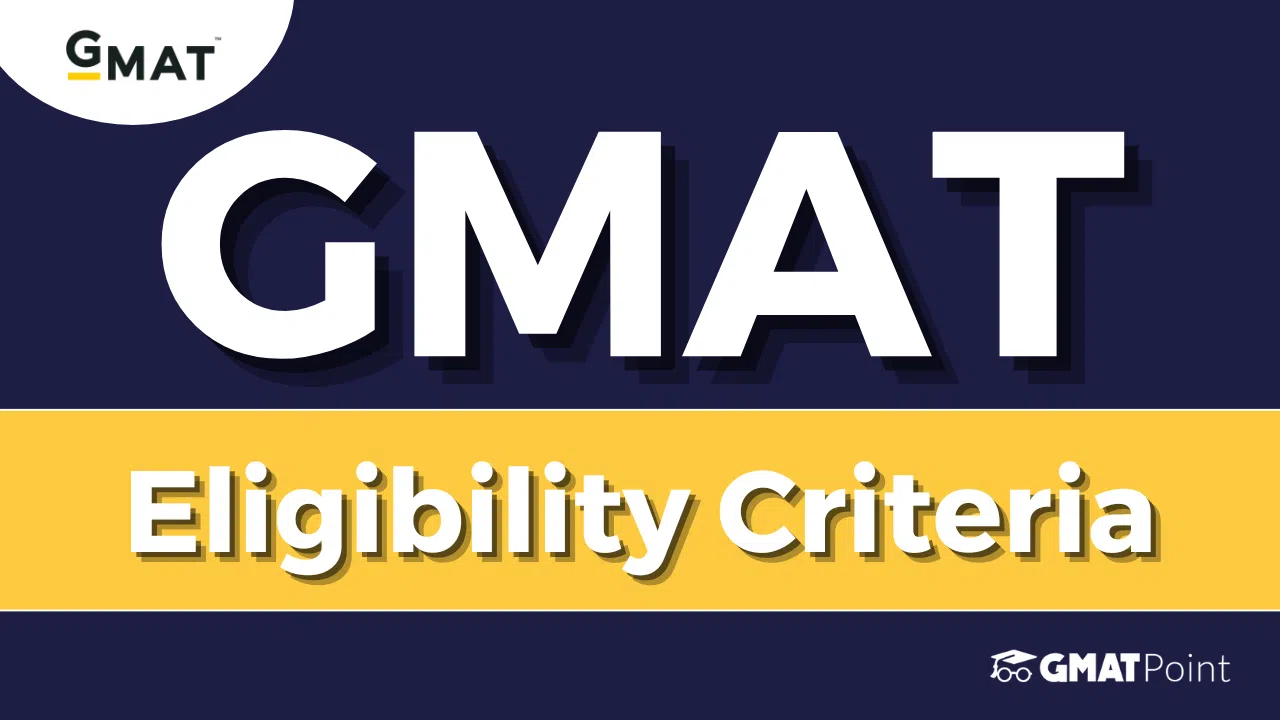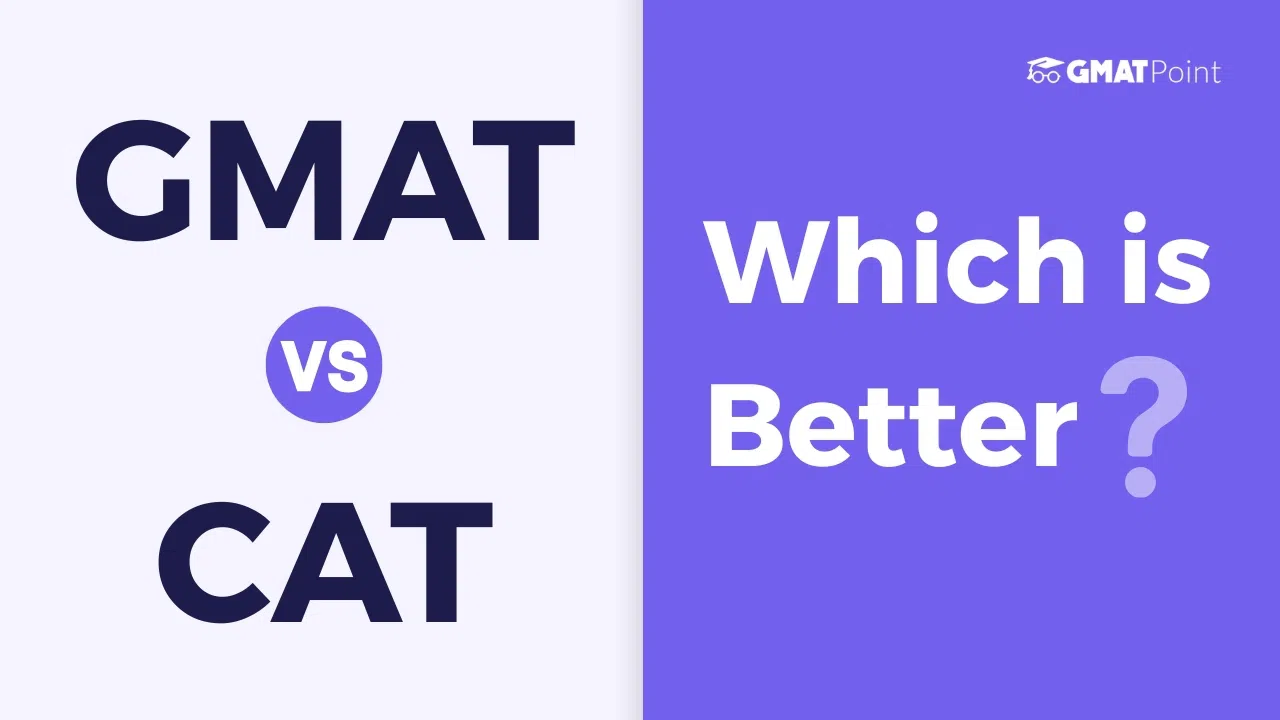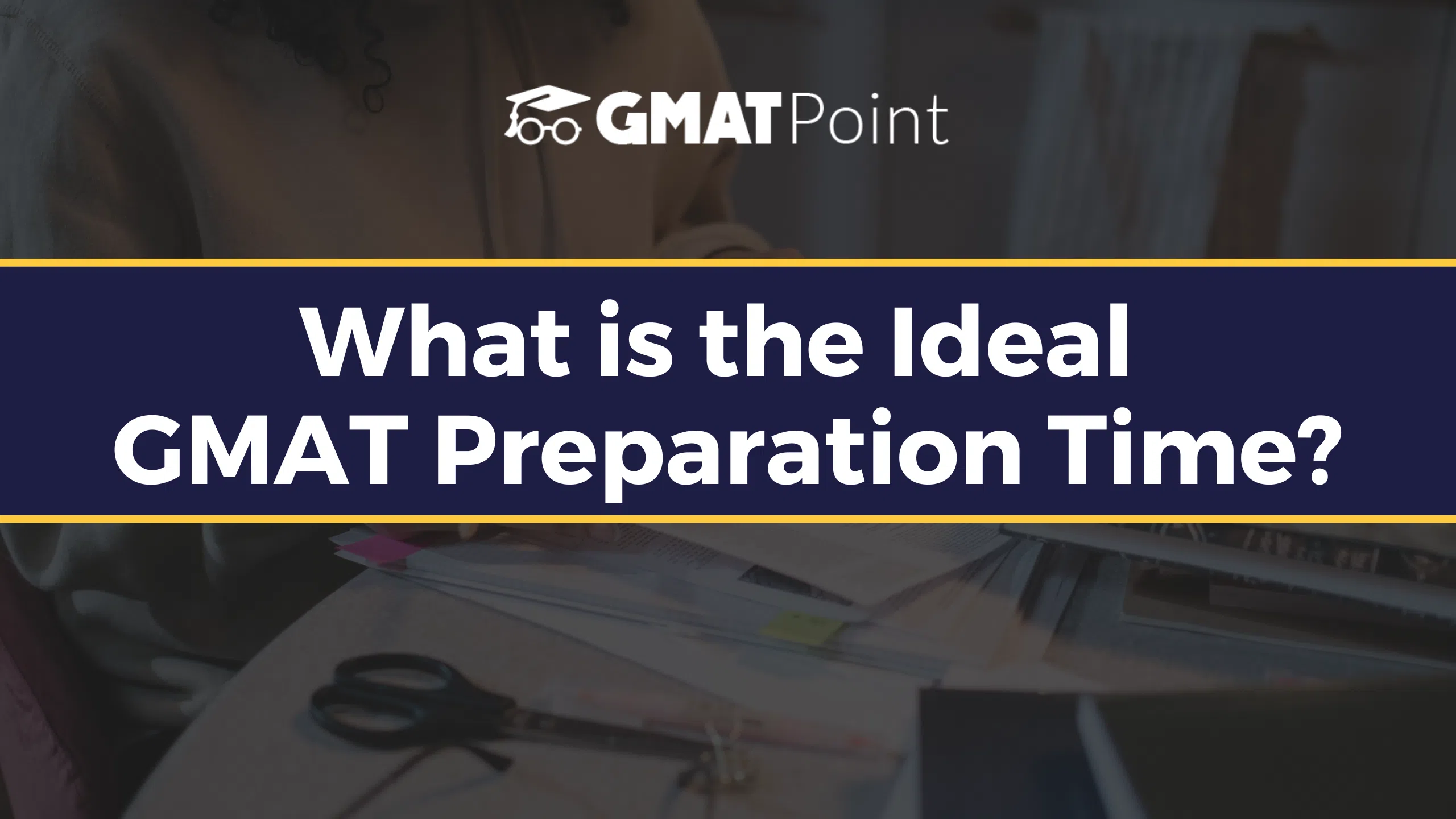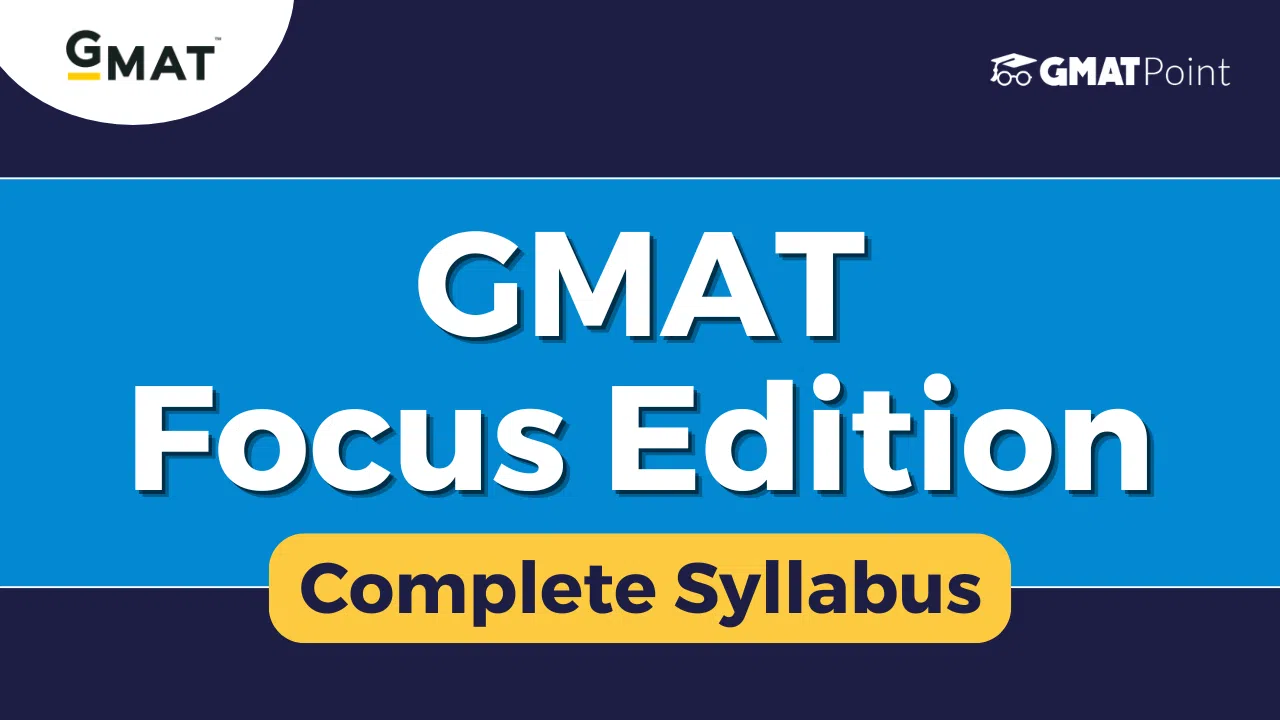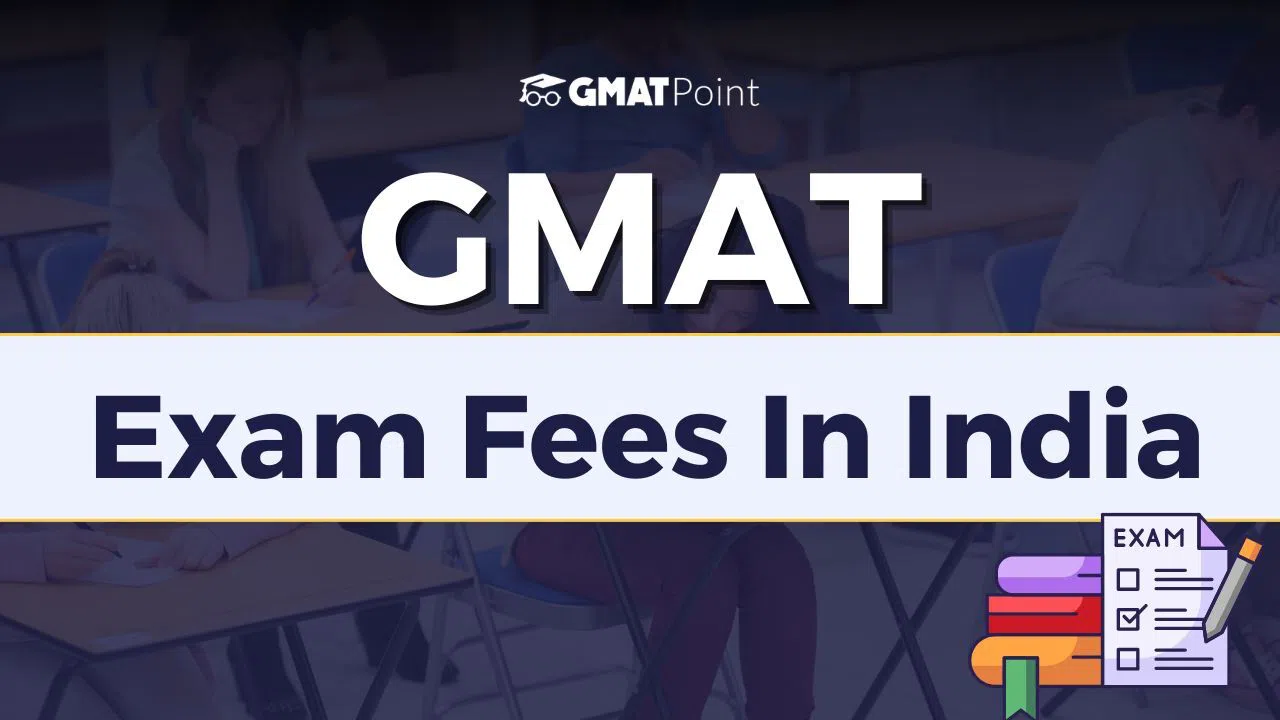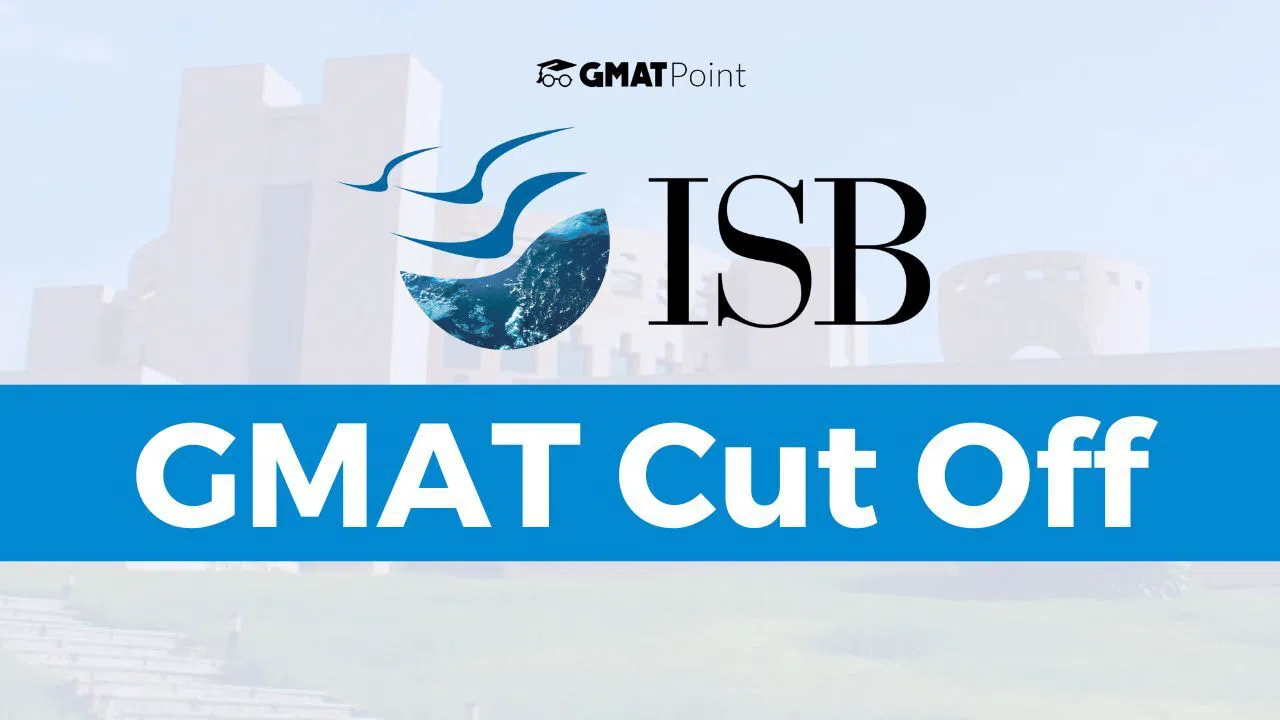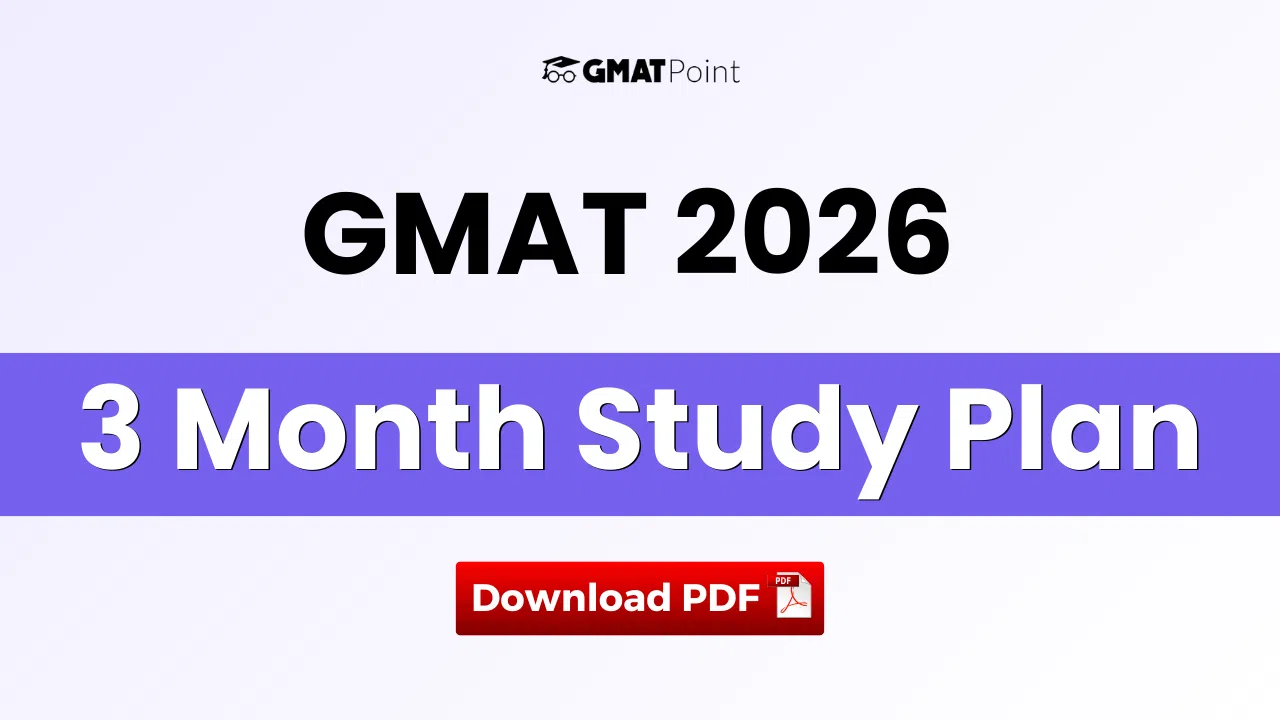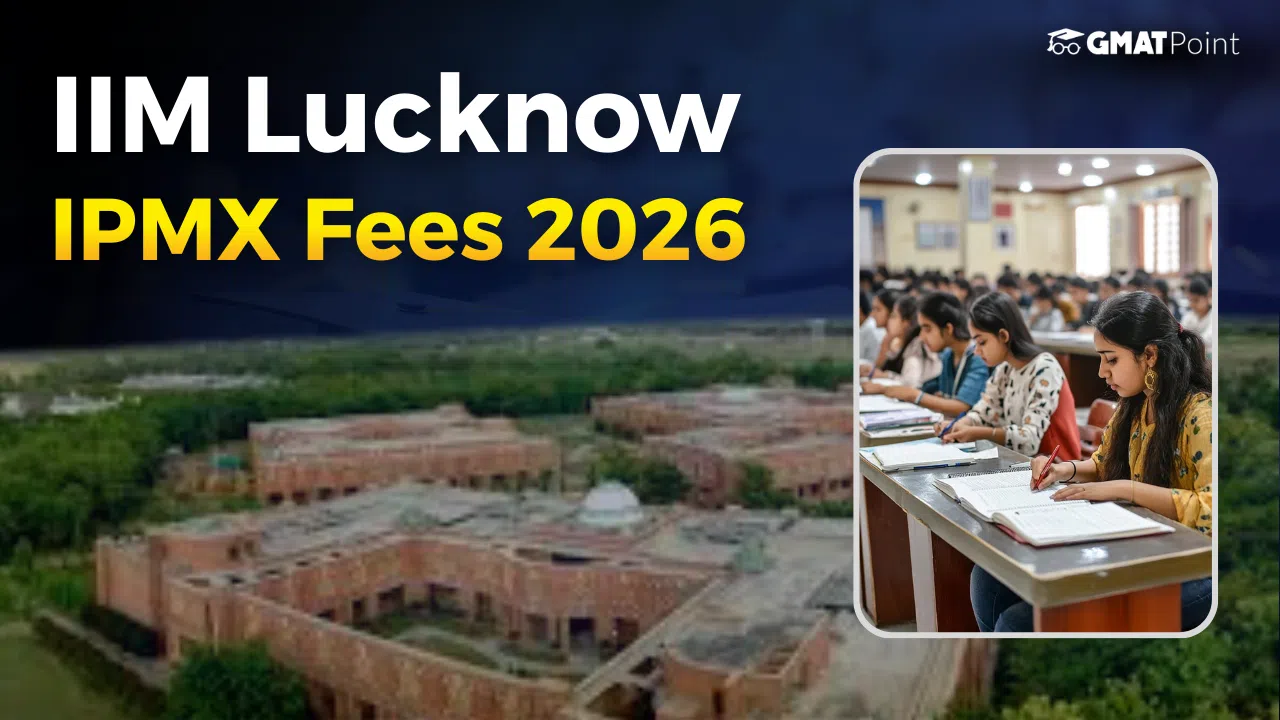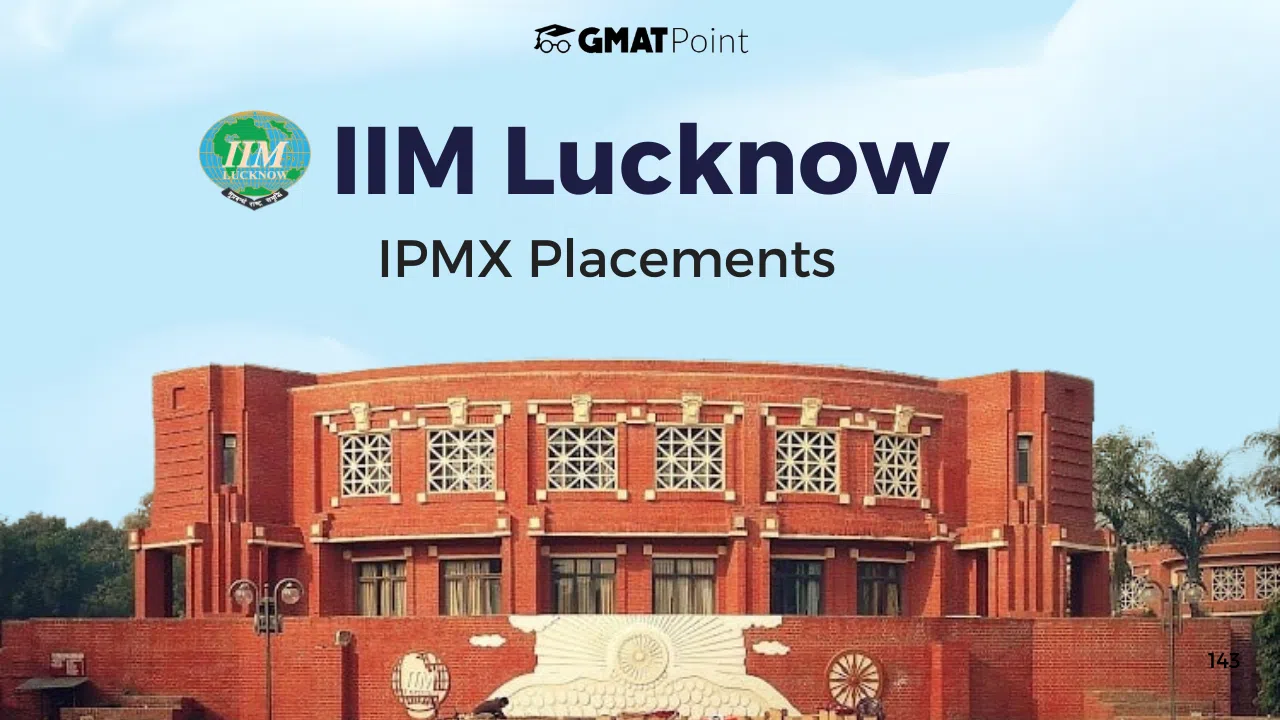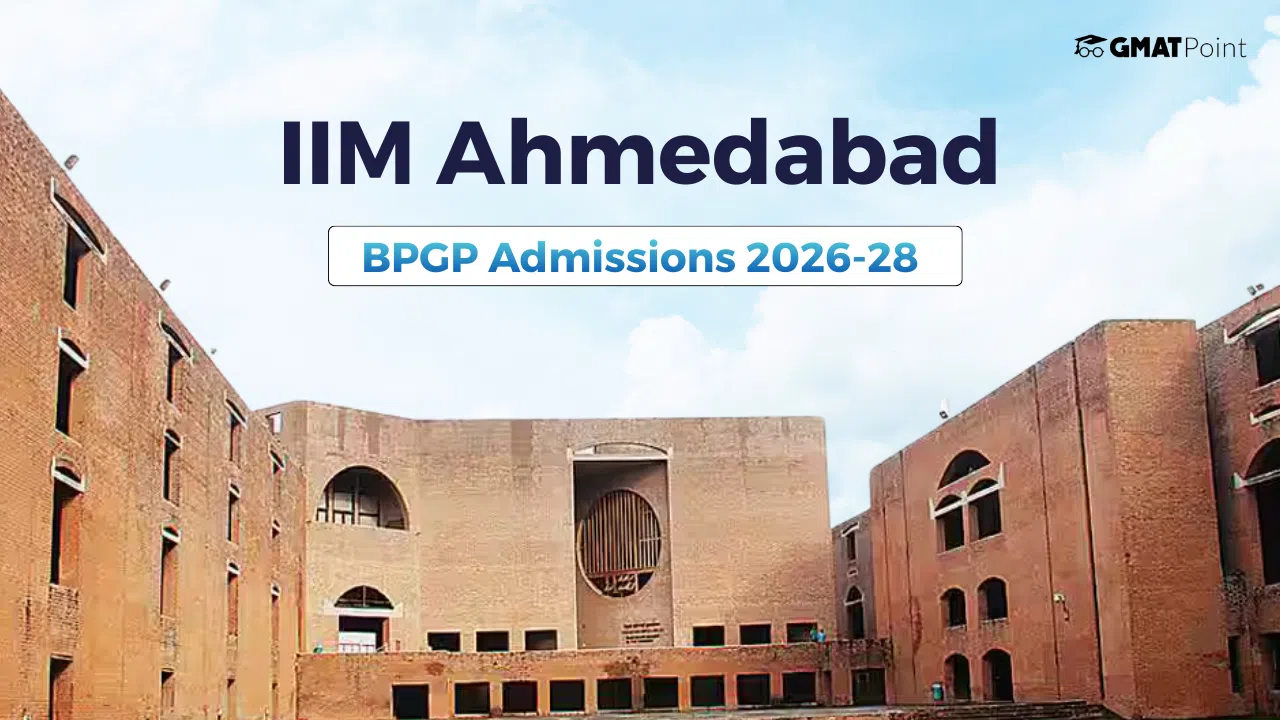The Graduate Management Admission Test (GMAT) is a standardized exam conducted by GMAC used for admissions to business schools worldwide. It is one of the most sought-after exams as top B-schools worldwide widely accept it. The GMAT exam is 2 hours and 15 minutes long, containing 64 questions, and consists of 3 sections:
| Section | No. of Questions | Sectional Time Limit |
| Quantitative Reasoning | 21 | 45 minutes |
| Verbal Reasoning | 23 | 45 minutes |
| Data Insights | 20 | 45 minutes |
Also Check, Free GMAT Sample Questions
GMAT Quantitative Reasoning: An Overview
This section is designed to evaluate candidate's proficiency in mathematical concepts. It tests candidate's fundamental knowledge of arithmetic and algebra, and focuses on logic, critical thinking, and problem-solving skills rather than advanced mathematical knowledge.
- The section will consist of 21 questions to be solved under 45 minutes.
- There will be no calculator provided to solve Quants Questions.
- As per introduction of new GMAT version i.e., GMAT Focus Edition, the section is updated to discard Geometry Questions and Data Sufficiency questions from Quants Section. GMAT data sufficiency will now be included in Data Insights section.
GMAT Quantitative Reasoning Syllabus
As per the new GMAT version, the syllabus for Quants section of GMAT exam will include questions from Arithmetic and Algebra testing candidates on logic and analytical skills. Here is the detailed GMAT syllabus:
| Arithmetic Syllabus | Algebra Syllabus |
| Average | Series and Progressions |
| Percentage | Algebraic expressions and equations |
| Time, Speed, Distance | Inequalities and basic statistics |
| Time & Work, Pipes & cisterns | Functions |
| Ratio and proportion | Monomials, polynomials |
| Mixtures and allegations | Exponents |
| Simple and Compounded Interest | Quadratic equations |
| Number Properties | Logarithms |
| Fractions and Decimals | Linear Equations |
| Descriptive Statistics | Graphs |
| Modern Math: Probability, Permutation and combination, Set Theory | Modulus |
Note:
There will be NO Data sufficiency Questions and NO Geometry Questions.
Best GMAT Quants Resources
It is necessary that candidates use the correct books and resources that are in accordance with new GMAT version. These resources offer a combination of conceptual clarity, practice questions that replicates the exam’s difficulty, and effective strategies for time management and problem-solving. Here are the top books for GMAT Quant practice questions:
| Resources |
| GMAT Official Prep Book Focus Edition |
| GMAT Official Guide Quantitative Review |
| Kaplan GMAT Prep Plus |
| Manhattan Prep’s for GMAT |
| Princeton Review’s “Premium Prep” |
Also Check, GMAT Mock Test
GMAT Online Preparation Resources
If you're preparing online for the GMAT (Focus Edition), GMATPoint offers a variety of affordable courses. A particularly valuable resource, highly recommended by GMAT toppers, is GMAT Daily Targets. With this, you'll receive a daily email containing a test for each of the three GMAT sections.
This helps you stay consistent in your preparation, ensuring balanced practice across all sections. Even for busy working professionals who can't study rigorously every day, GMAT Daily Targets provide an efficient way to keep up with your preparation. It's one of the best resources available to help you succeed in the GMAT Exam.
How to Ace GMAT Quant?
Here are few GMAT Quant tips and strategies to crush the mathematical section of the GMAT exam:
- Understanding New Quant Pattern: It is highly important that candidates must know the new Quant update including the removal of geometry and data sufficiency topics from GMAT Quant question types. Now the section will consist of 21 questions from Arithmetic and Algebra section, to be done under 45 minutes.
- Master the Basics First: Since GMAT Math includes questions that check the problem solving efficiency of the candidates, it is important that candidates have a solid understanding of fundamental math concepts which can be applied to various GMAT Quant problem-solving questions.
- Practice Without Calculator, Ballparking: GMAT does not provide a calculator for calculation in the actual exam, hence practice should be done without one. Also, candidates should learn to take intelligent guesses, also know as ballparking to save time and increase attempt rate.
- Practice with Official GMAT Questions: Use official GMAT practice questions. They reflect the actual exam’s difficulty, format, and questions and will help candidate get the feel of the actual exam.
- Learn to Identify Traps: GMAT Quant questions often contain traps like answer choices that are close but incorrect. Watch for misinterpretations and don’t rush through seemingly easy problems.
- Focus on Common Question Types: Study topics that frequently appear in the exam like word problems, ratios, and inequalities, etc. Understanding the common patterns and tricks can improve your speed and accuracy.
- GMAT Quant formulas: Keep a notebook of formulas that are required to solve questions in Arithmetic and Algebra topics and revise them regularly to avoid missing out on formula based questions.
- GMAT Quant Time Management: The GMAT penalizes unfinished sections. Aim to balance accuracy and speed. Flag tough questions and move on quickly if you’re stuck.
- Review and Analyze Mistakes: After every mock, review wrong answers thoroughly. Understanding your mistakes is required for improvement. Identify recurring errors and work on strategies to avoid them.
Also Check, GMAT Arithmetic Formula Cheat Sheet PDF
GMAT Quant Study Plan
While a study plan can depend from candidate to candidate based on their level of preparation, here is a broader 3-month study plan for the GMAT Quant section a schedule for mock tests.
Month 1: Foundation Building
Start with building a strong understanding of basic concepts in Arithmetic understanding its sub topics thoroughly.
| Week | Topics | Days 1-4 | Days 5-6 | Day 7 |
|---|---|---|---|---|
| Week 1 | Averages, Percentages, and Ratios | Understanding concepts of Averages, Percentages, Ratios and Proportions | Practice LOD 1 & 2 questions | Take topic test and revise the concepts |
| Week 2 | Time, Speed & Distance, Time & Work | Concept leaning for Time, Speed & Distance, Time & Work | Practice LOD 1 & 2 questions | Take topic test and revise the concepts |
| Week 3 | Pipes & Cisterns, Mixtures & Allegations | Practice key formulas and solve questions | Advanced practice problems | Take sectional Mock and revise the topics learnt so far |
| Week 4 | Mock Test and Revision | Mock Test 1 (Quant only) and Analyze question pattern and mistakes | Focus on weak areas and Practice questions | Review concepts |
Month 2: Practice and Completing Syllabus
With Arithmetic almost finished, one can start with more complex Algebra topics, simultaneously improve problem-solving speed by taking mocks.
| Week | Topics | Days 1-4 | Days 5-6 | Day 7 |
|---|---|---|---|---|
| Week 1 | Simple and Compound Interest | Understanding and Practice for simple and compound interest | Complete arithmetic topics if any left and revise | Arithmetic topic tests. |
| Week 2 | Series & Progressions, Algebraic Expressions | Conceptual Understanding and Practicing for arithmetic and geometric progressions | Practice LOD 1 & 2 questions | Revision |
| Week 3 | Inequalities and Equations | Concept review for linear and quadratic equations and Inequalities | Practice LOD 1 & 2 questions | Take topic test and revise the concepts |
| Week 4 | Mock Test and Focus on Weak Areas | Mock Test 2 (Quant only) and Detailed analysis | Target weak areas by practicing intensively | Revision |
Month 3: Advanced Practice and Strategy Adjustment
Focus on advanced topics and build test-taking strategies, simultaneously study smaller topics like set theory etc.
| Week | Topics | Days 1-4 | Days 5-6 | Day 7 |
|---|---|---|---|---|
| Week 1 | Functions, Exponents, and Quadratic Equations | Practice problems for functions, polynomials, exponents | Practice LOD 1 & 2 questions | Take topic test and revise the concepts |
| Week 2 | Number System Concepts | Conceptual understanding of topics of NS like divisibility, LCM, factors and properties | Practice questions | Revision and topic test |
| Week 3 | Modern Math | Focus on PnC, Probability and set theory | Practice questions | Revision |
| Week 4 | Final Mock Tests and Revision | Mock Test 3 (Full GMAT) | Mock Test 4 (Quant only) to adjust strategy | Analyze mock mistakes. |
Study Tips:
- Spend the first 1-2 hours of each session understanding the concepts and the remaining time solving practice problems.
- Use official GMAT resources and timed questions to build speed and accuracy.
- Practice without calculator.
- After each mock test, analyze your mistakes and focus on the areas where you struggle most.
- Also Join , GMATPoint Telegram channel
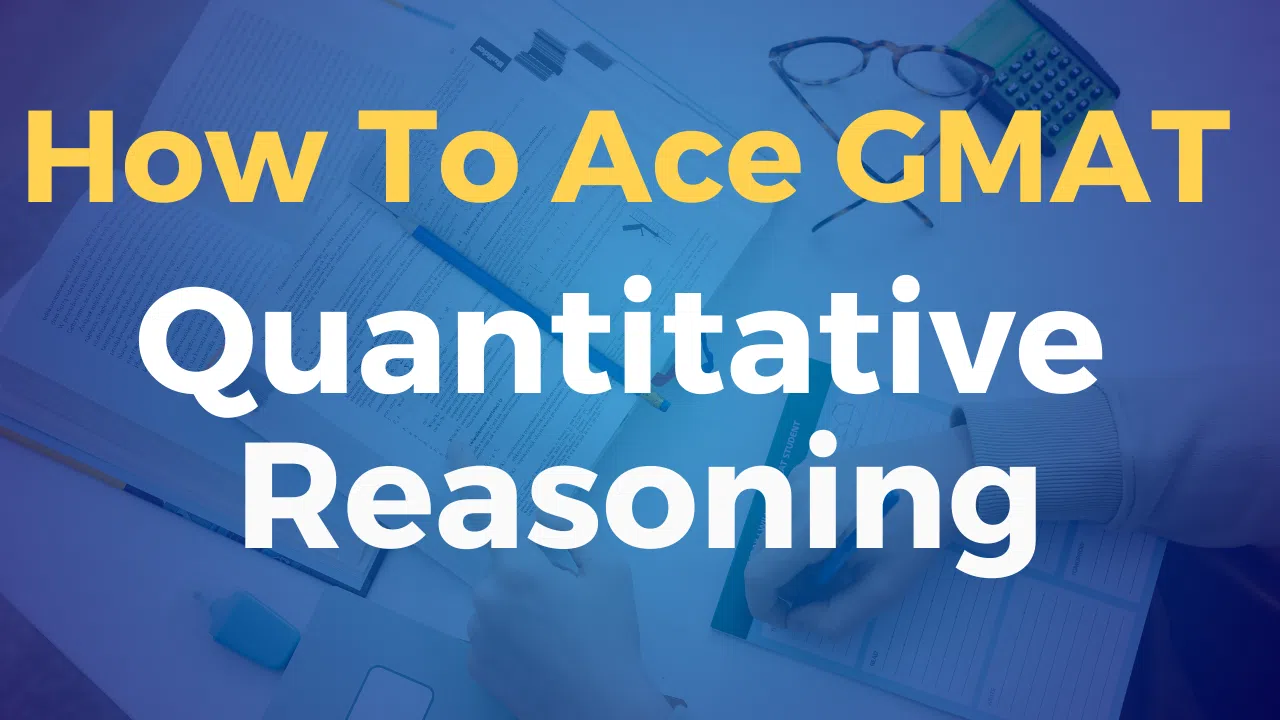


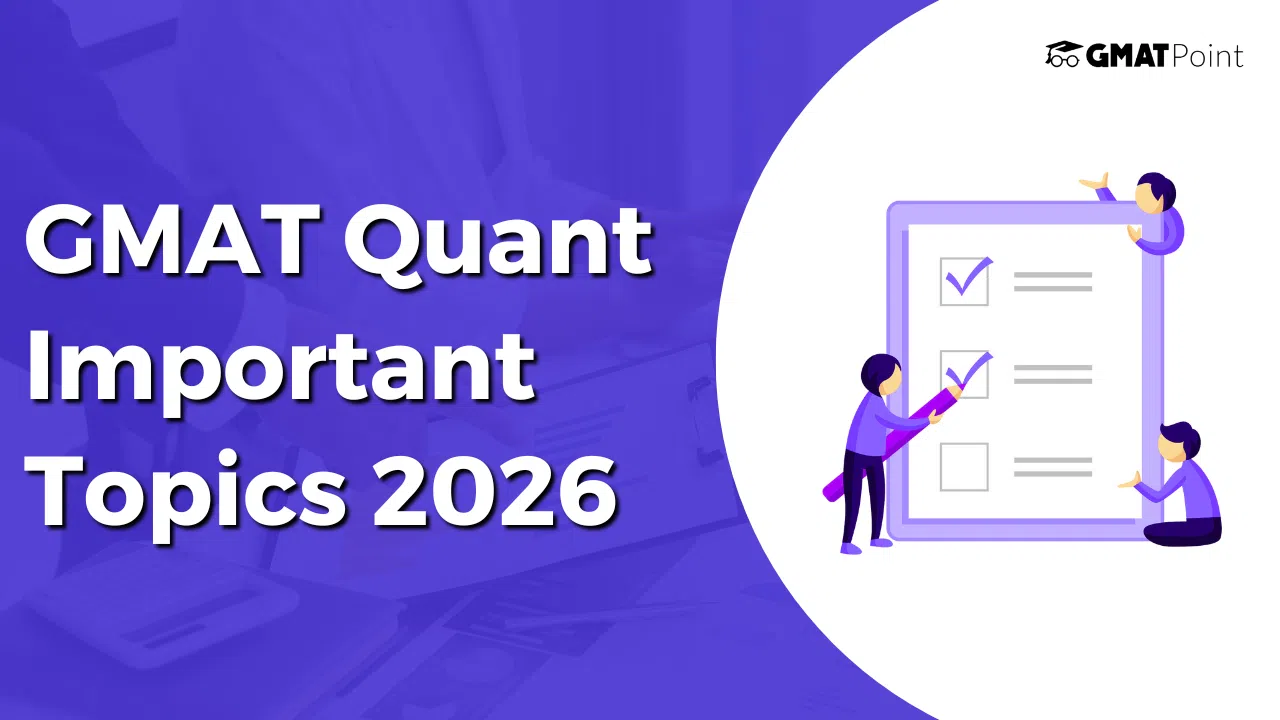
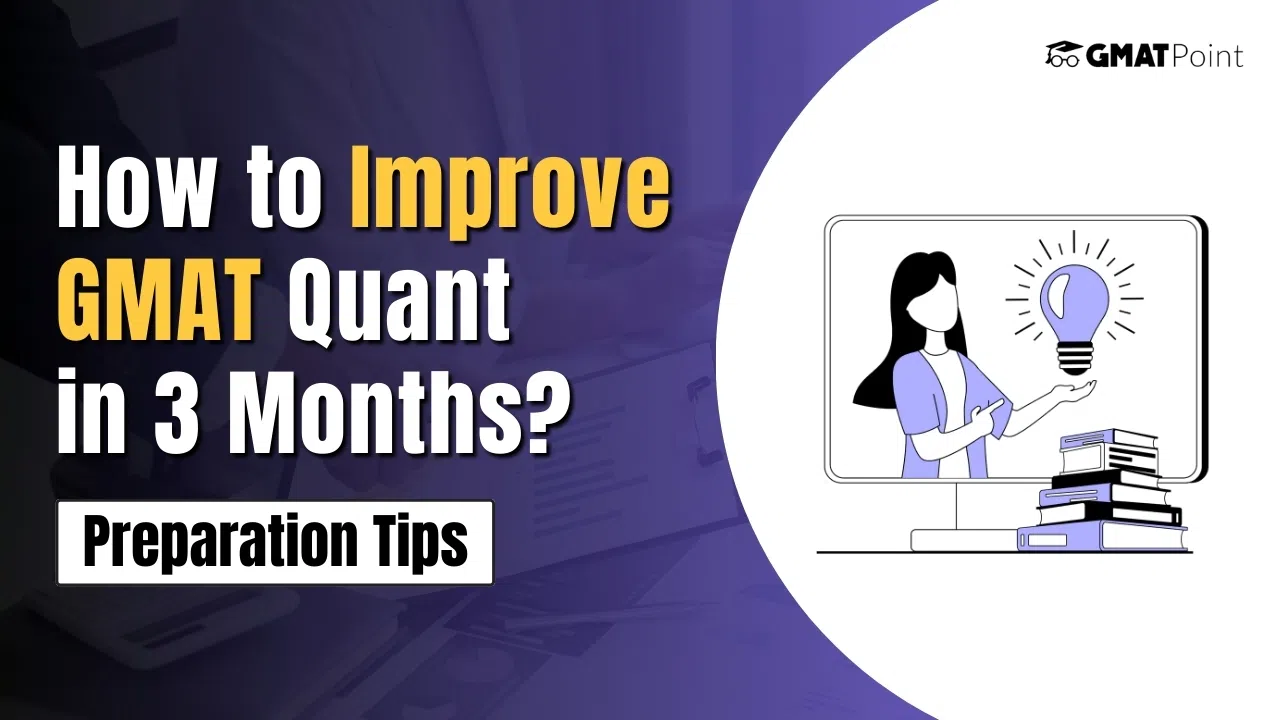
![GMAT Ratio & Proportion Formulas | Ratio & Proportion Cheat Sheet [PDF] GMAT Ratio & Proportion Formulas | Ratio & Proportion Cheat Sheet [PDF]](https://gmatpoint.com/media/73.webp)
![GMAT Geometry Formulas | Geometry Cheat Sheet [PDF] GMAT Geometry Formulas | Geometry Cheat Sheet [PDF]](https://gmatpoint.com/media/71.webp)
